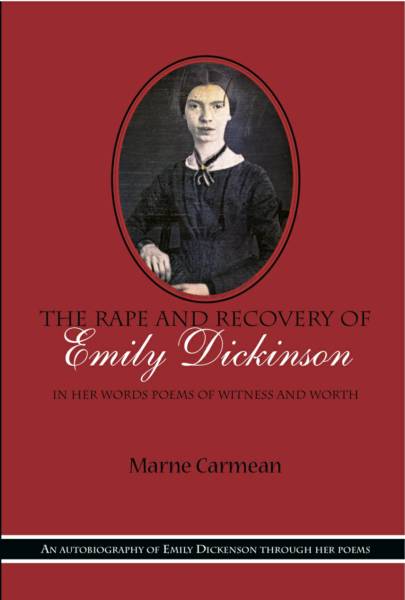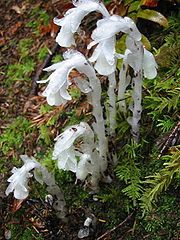510 59
It was not death, for I stood up, A little East of Jordan,
And all the dead lie down. Evangelists record
It was not night, for all the bells A Gymnast and an Angel
Put out their tongues for noon Did wrestle long and hard
It was not frost, for on my flesh Till morning touching mountain –
I felt siroccos crawl, And Jacob, waxing strong,
Nor fire, for just my marble feet The Angel begged permission
Could keep a chancel cool. To Breakfast – to return –
And yet it tasted like them all, Not so, said cunning Jacob!
The figures I have seen "I will not let thee go
Set orderly for burial Except thou bless me" – Stranger!
Reminded me of mine, The which accorded to –
As if my life were shaven Light swung the silver fleeces
And fitted to a frame "Peniel" Hills beyond,
And could not breathe without a key, And the bewildered Gymnast
And 'twas like midnight, some, Found he had worsted God!
c. 1860
When everything that ticked has stopped
And space stares all around,
Or grisly frosts, first autumn morns,
Repeal the beating ground;
But most like chaos, stopless, cool,
Without a chance, or spar,
Or even a report of land
To justify despai
185
"Faith" is a fine invention
When Gentleman can see –
But Microscopes are prudent
In an Emergency.
c. 1860
1078
The Bustle in a House
The Morning after Death
Is solemnest of industries
Enacted upon Earth -
The Sweeping up the Heart
And putting Love away
We shall not want to use again
Until Eternity.
c. 1866
254
"Hope" is the thing with feathers –
That perches in the soul –
And sings the tune without the words -
And never stops – at all –
And sweetest – in the Gale – is heard –
And sore must be the storm –
That abash the little Bird
That kept so many warm –
I've heard it in the chillest land –
And on the strangest Sea –
Yet, never, in Extremity,
It asked a crumb – of Me.
c. 1861
The above poems are in the Public Domain meaning they can be reprinted without permission of a copyright holder. The vast majority, hundreds of Emily Dickinson's poems, have copyright held by several entities with
the preponderant and prominent ownership of her intellectual property belonging to Harvard University Press. Belknap Press of Harvard University Press published in 1951 the historic The Poems of Emily Dickinson, edited by Thomas H. Johnson. The poems were republished from the original manuscripts (some in fascicles bound with red yarn) and restored sans titles given by the past editors with her dashes put back which he considered musical. Even so, much of Emily Dickinson's poetry, discovered by her sister after the poet's death, was honorably and posthumously published four years after her death in 1890. Mabel Loomis Todd, lover of the poet's brother Austin, "bent to the arduous task" and transcribed the poems from the poet's minuscule hand. Poems, six editions later and every copy sold prompted the Transcendentalist Samuel G. Ward and writer for the Dial, to report to Colonel Higginson who oversaw the production, "She may become world famous, or she may never get out of New England,". Note: Nine poems were published anonymously in her lifetime, three appeared in Drum Beat, a Brooklyn paper with the purpose of raising money for medical care for Union solders, one in the Brooklyn Daily Union, and five printed in The Springfield Republican, whose editor was close friend Samuel Bowles.

